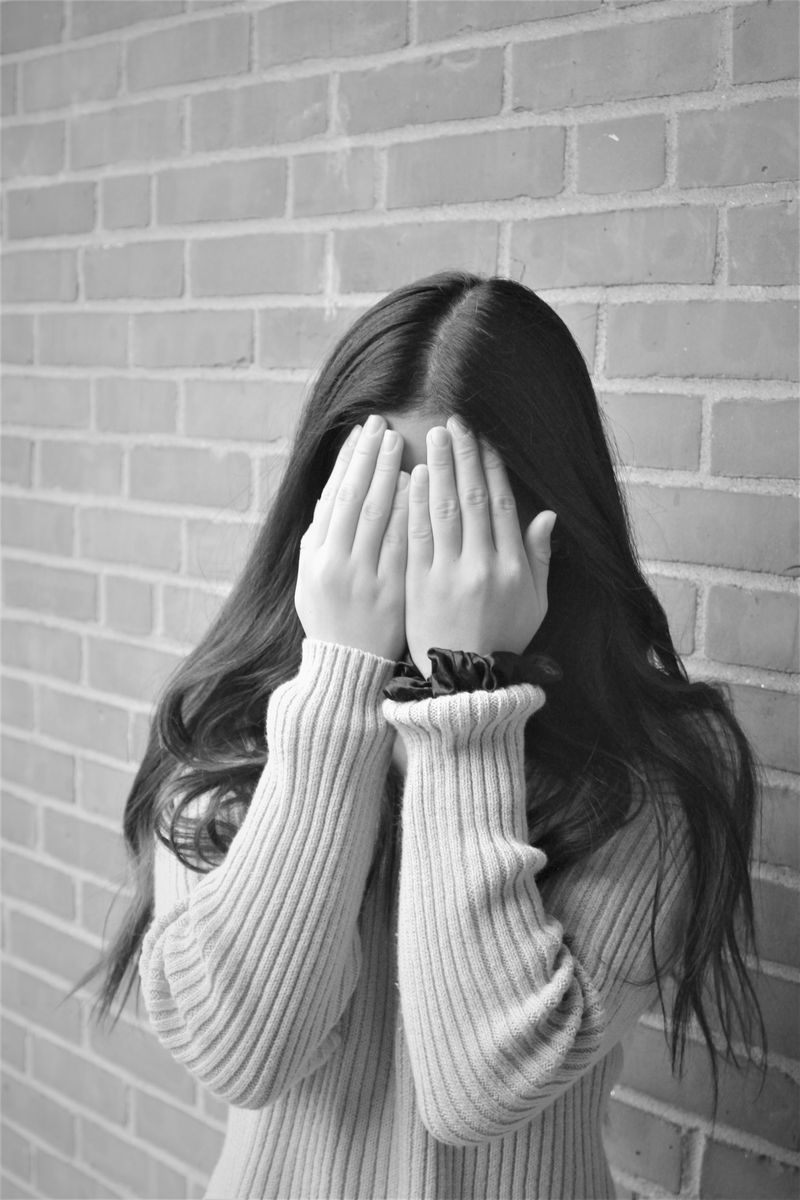We Are America
Speaking Out
By Eliana

Solomon Schechter Day School, Connecticut
I am an Asian-American girl living in a predominantly white community. Nearly everywhere I go, including school, synagogue, and sleep away camp, I am usually one of the only Asian people. Many young children are not always sensitive when they meet someone who looks different from them. It is no wonder then that so many adults are guilty of racism and xenophobia. It is important to take action when people make offensive remarks; even if it doesn't change the way the person being treated unkindly feels, it may impact the person being unkind.
On several occasions, kids have directed comments to me about my appearance. For instance, when I was eight years old, a boy in my class repeatedly told me, "Your eyes are like almonds." Every time he commented on my eyes, I would agree and laugh with him. I knew what he said was mean because no one else would bring up the shape of someone else's eyes, but I was too scared to get him in trouble. Thinking about this now, I wish I had told my teacher, so she would have explained to him why his words were unkind.
Another incident happened at a day camp I attended in the Summer of 2021. There, they divided the large group of rising eighth and ninth graders into two smaller groups that for most activities remained separate. A girl from the other group, who had the facial features of someone with Down Syndrome, would say "Ching Chong" every time I was near her. This was awkward because I was the only Asian girl in either group, and I assumed she was directing her comments to me. Although the girl’s words made me uncomfortable, I chose to ignore them because I felt there was no reason to confront her or get her into trouble for saying things she probably did not understand. However, almost a year later, I realize that her failure to understand the meaning of her words was the problem and that I should have explained to her that her words were hurtful to make it less likely that she would say something rude to someone else in the future.
A third incident happened recently on my bus ride from school. I sit near the front of the bus with my friends and four younger boys. I know the families of all the boys and I am particularly close with two of the families. One day I came up with the brilliant (not so brilliant) idea to start a roast contest, which admittedly was inappropriate given the other kids are only seven and eight. I directed the contest toward two boys who frequently say mean but silly things to me. The competition lasted for only a minute, and I said things like "your kippa is like a saucer" or "your teeth fell out in the front" and the boys responded with comments such as "I hate you" or "you're smelly." Suddenly, a boy next to us, who was not part of the “competition,” looked at me and said, "Your eyes are like slits." As in the past, I agreed with him and laughed. I did not show any reaction on the outside but on the inside, I was surprised because knowing this boy’s family, I had expected that he learned not to make such comments. I told my teacher about the incident and the boy’s teacher positively addressed what he said.
Hopefully, the boy from the bus learned his lesson and will not make such hurtful comments in the future. This experience has taught me to stand up for myself and call out someone who makes insensitive and hurtful remarks and I encourage everyone to do the same. Not only will it make you feel better, but it might also teach the speaker, and likely will teach those who heard the speaker, that what they said was wrong.
© Eliana. All rights reserved. If you are interested in quoting this story, contact the national team and we can put you in touch with the author’s teacher.